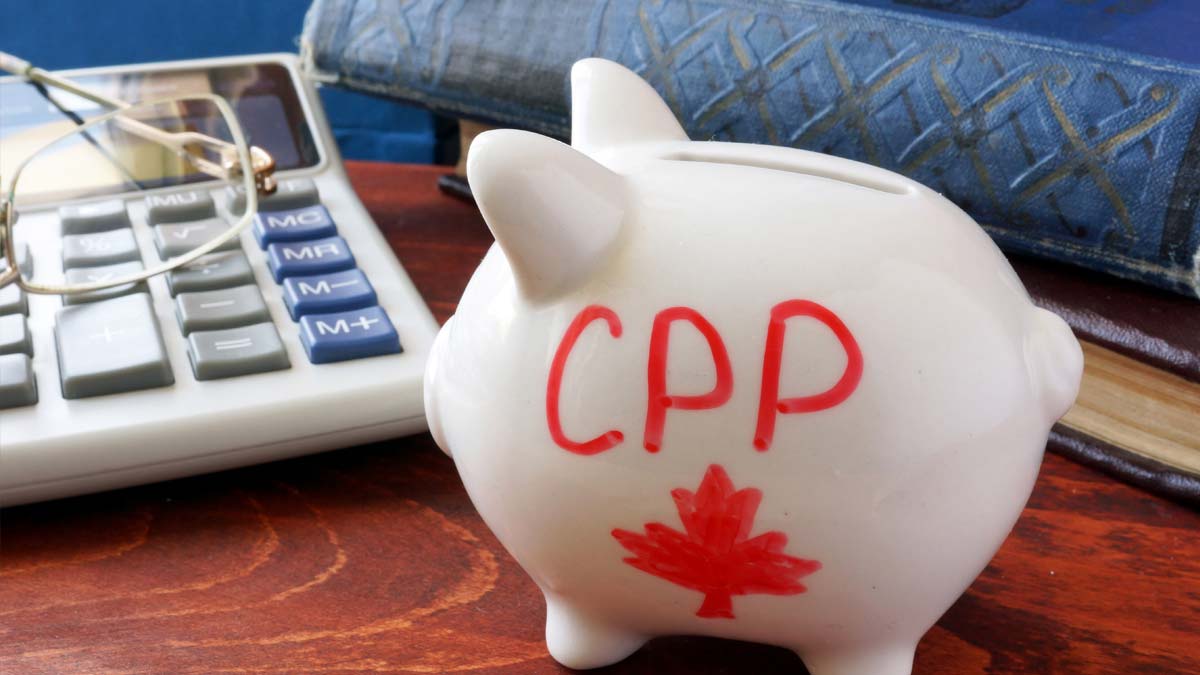
Do you ever lie awake in bed worried about what your financial future looks like? Our concerns usually revolve around 2 questions: “Will I be okay?” and “Will my family be okay?”
It’s tough not knowing the answers to these questions.
A great financial plan is the answer, but it can really be overwhelming. In fact, it is a reason why most Canadians don’t have a financial plan. Most of us were never taught about financial planning. We are left to dig around on the internet finding information that doesn’t really answer our questions.
If we don’t get a clear picture of what our financial future looks like, we will continue to stay stuck.
By having clarity about what our future looks like, two important things happen:
Click on each question below to learn more
Unfortunately, with so many puzzle pieces fitting into our financial plan, we are often left uncertain and overwhelmed. This stops us from pursuing our goals with confidence.
Imagine the peace of mind that comes with knowing the answers to the top financial questions that may be bothering you.

When we think of our long-term goals and financial futures, it is hard to not wonder “Will I have enough money?”
The answer is simple, but complicated: “it depends.” The reason we are unclear and distracted from answering this question is because there are so many moving parts to consider. To make matters worse, our situations are unique. A cookie cutter plan will not work for everyone.
To help with this overwhelm, it is important to have a framework:
This is a very basic approach to answering a complex question. We would recommend working with a professional to help you move toward the goals that matter to you. If you would like to have a conversation, please click here.
For a quick calculation click the button below to use our “Savings to reach a goal” calculator.

We all want our money to last. However, we often don’t know how long it will last, or what we can control to make it last longer.
Five factors determine how long our money will last:
We have a great calculator that speaks directly to this challenge. Please try out our “Will the Money Last” calculator by clicking below.

Wouldn’t it be great to know for sure if you are ready to retire?
This is a complex decision with both benefits and downsides.
We always think about the bright side of retiring earlier and there are clearly many benefits. For instance:
That all sounds wonderful, but there may be a few downsides as well:
There are several key financial planning considerations to consider, no matter what stage you are at in planning for retirement:
This is a big decision, and it is important to not plan for it by yourself. You will need to involve your family and lean on your financial advisor.
Click below to download our Retirement Readiness infographic.

You have been working hard your entire life, with the goal of a happy retirement. A key part of your retirement income includes finally being able to receive income from the Canada Pension Plan (CPP).
In many cases the decision of when to take CPP is a complicating factor. If you start early, the amount you receive is reduced, while if you wait the amount increases.
This decision can be confusing, especially when you start to account for the uniqueness of your life.
So, when is the ideal time for you to start your CPP?
This decision depends on 2 important things:
To see how this works in your life, click below to use our “CPP Benefits – Early or Later” calculator.

Have you ever found that there is more month left at the end of your money? Maybe you feel that you make a good living, but you do not know where your money has gone.
These are usually symptoms of a much bigger problem – Not having a cash flow plan. Not understanding and planning your cash flow often leads to overspending, under saving, and a general sense of not making progress toward the goals that matter in your life. This is frustrating.
If you do not know where your money is going, it is so easy to spend it away.
The first step of taking control of your cash flow is to understand where everything is going.
The next step is to create a plan to prioritize your goals. This often looks like:
Click the button below to use our “Cash Flow Calculator.”

Virtually every retirement income choice involves both a blessing, and a curse. The answers are not always clear but knowing both sides of a decision is important in your planning.
There are so many different “buckets” of money to be drawn from and it is confusing where to start. There are RRSPs and LIRAs that must be eventually converted to RRIFs and LIFs. We must also TFSAs and non-registered accounts
We know that income requirements in the retirement years are not always predictable. You may decide to spend more during the early stages of retirement due to catching up on deferred home renovations, the expense of more active travel and because of more active hobbies and pastimes. Alternately, your later years may end up being more expensive due to higher medical costs and the possible expenses of long-term care services. Your retirement plan must be flexible to account for often unpredictable lifestyle changes and choices.
You may need to consider some or all of the following factors:
This can all be so overwhelming, and few people are equipped to navigate this alone without totally stressing themselves out. Along with the right team of advisors, your financial plan should help you navigate these challenges.

With so much uncertainty in our futures, it is difficult to have confidence in our long-term financial goals. We need to know that we are on track for our financial goals and futures.
We often ask the question “Am I saving enough?” Not having an answer to this question makes us feel uncertain about our futures and the ability to achieve our goals.
Knowing the answer to this question can give us confidence that we are on track for our goals or help us to adjust ahead of time. Not knowing the answer to this question may cause us to worry about our futures. Worse still, if we avoid answering this question it may ultimately be too late.
Our “Savings to Reach a Goal” calculator will help. Here’s how to use this calculator:
Imagine what it looks like when you build the wealth you need to achieve your goals!
Click here to use our “Savings to Reach a Goal” calculator.

Let’s deal with the elephant in the room: Not enough life insurance, disability insurance and critical illness coverage.
Manulife Financial did a survey several years ago with 1,000 Canadian homeowners between the ages of 30 to 50 and household incomes of $50,000 – $150,000. Almost 6 in 10 people said they worried about providing for their family if they died. 7 in 10 were concerned about losing income for a long period because of illness or injury.
Ironically, less than 60% said they have an individual life insurance plan, only 21% have individual disability insurance, and only 13% said that they have individual critical illness protection.
92% of surveyed Canadians do not have a plan that includes all three risks – disability, critical illness and death.
There is a huge gap between people’s concerns and the real risk. For example, the risk of critical illness, disability or death before age 65 for a 30-year-old non-smoking male is 62.6%. For a woman, it’s 58.2%.
Most people understand the value of proper planning, of having a will and the right amount of insurance. However, the statistics show that we do not act on that knowledge.
All it takes is a proper action plan. We developed a simple tool to take the mystery out of estate and insurance planning. It’s called The Dream Protector Checklist and it’s designed to help you identify the gaps in your plan and understand what to do about them. You can click below to download it.
Click here to download our Dream Protector Checklist.

How much will I pass on to my family?
A 2018 Angus Reid Institute poll finds that half of Canadians (51%) say they have no last will and testament in place, while only one-third (35%) say they have one that is up to date. In other words, half of Canadians are set to have no say in what happens to their assets should they die, and nearly one-in-six have wills, but haven’t kept them up to date.
Although a will is only part of an estate plan, it is the glue that pulls most pieces together.
That is shocking! There are a few reasons why:
Rather than think too much about why NOT to get a will done, how about finding the reasons you should get your will done or updated?
Please click below to download “10 Reasons for an Estate Plan.”